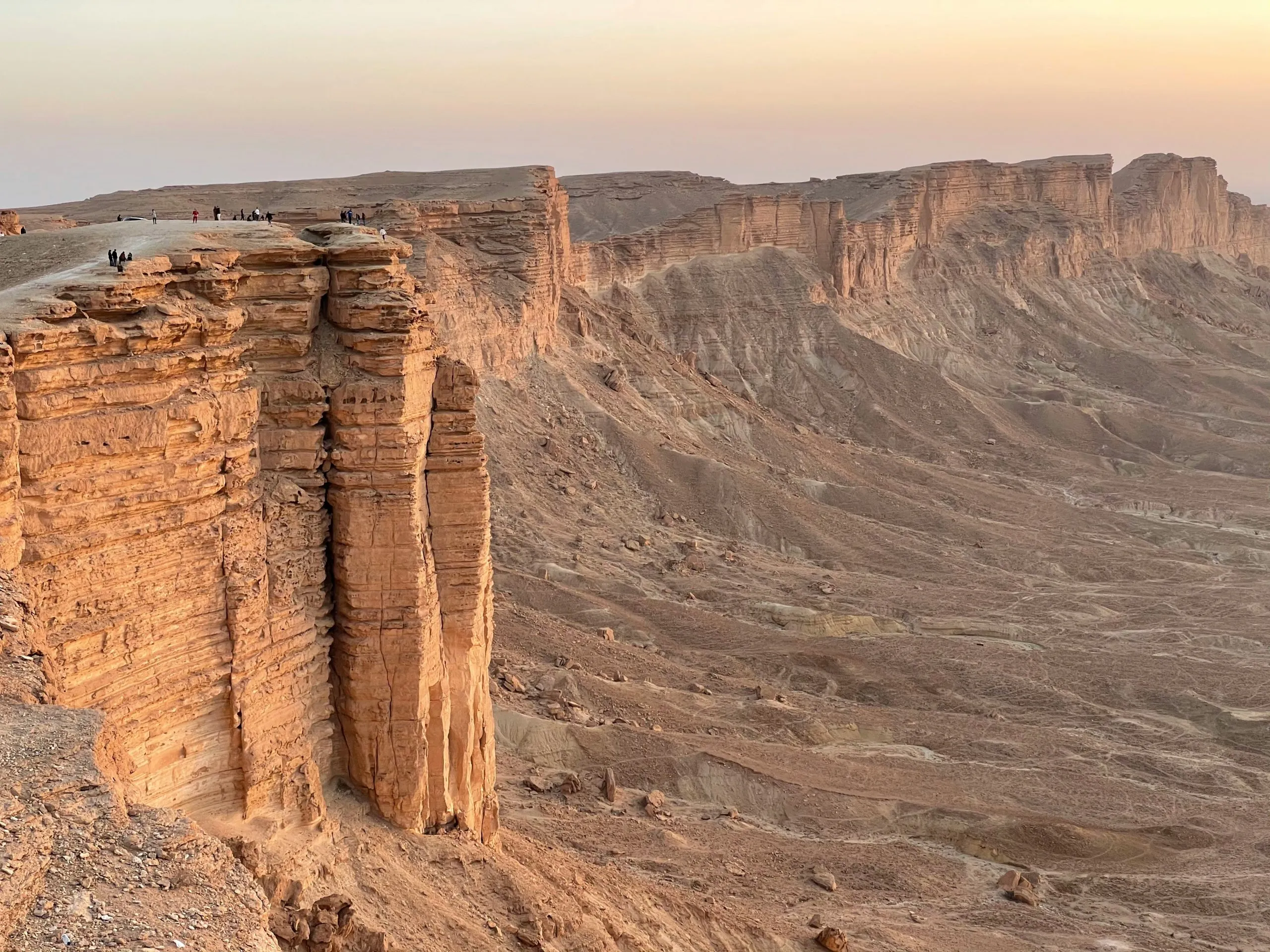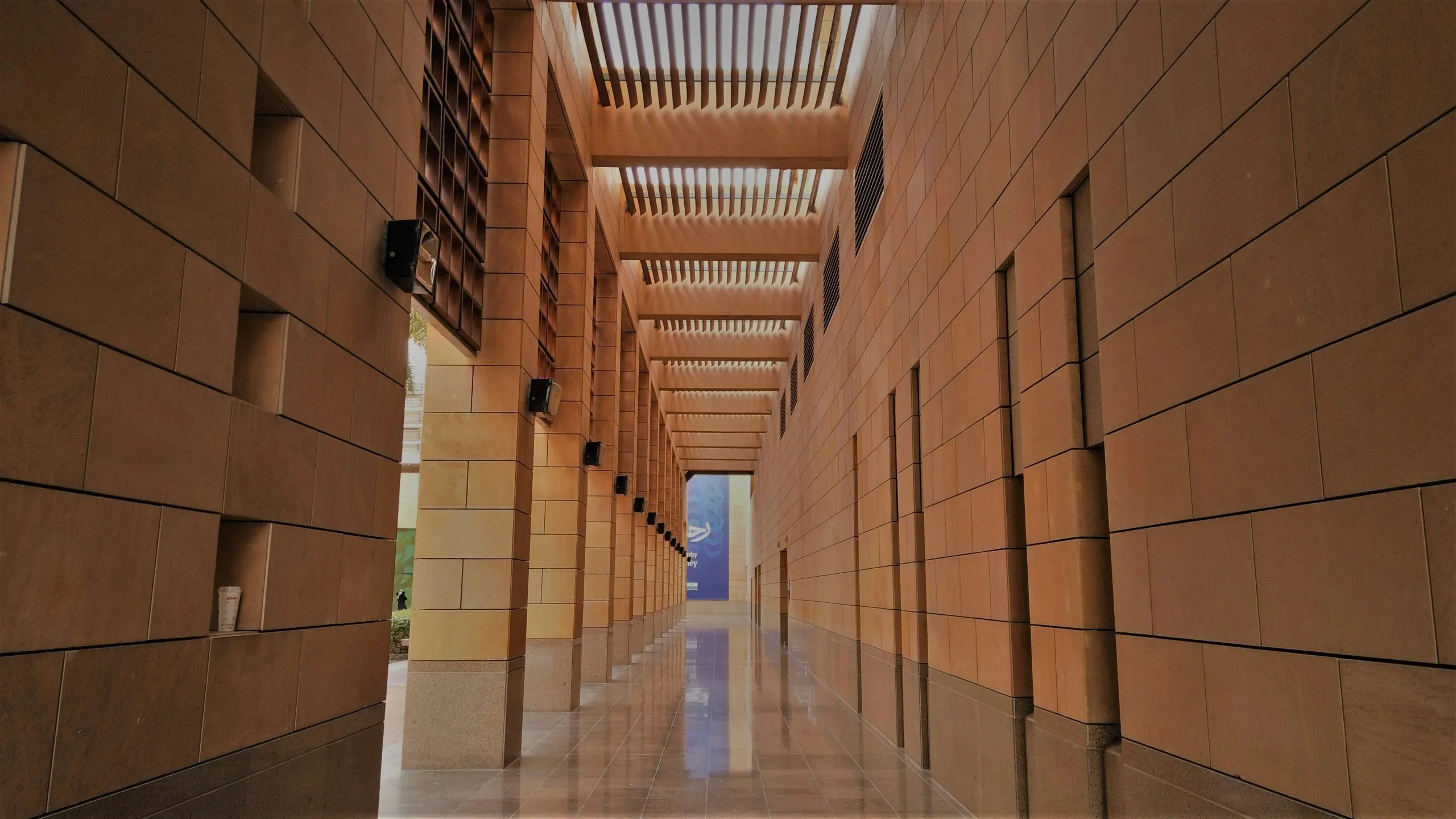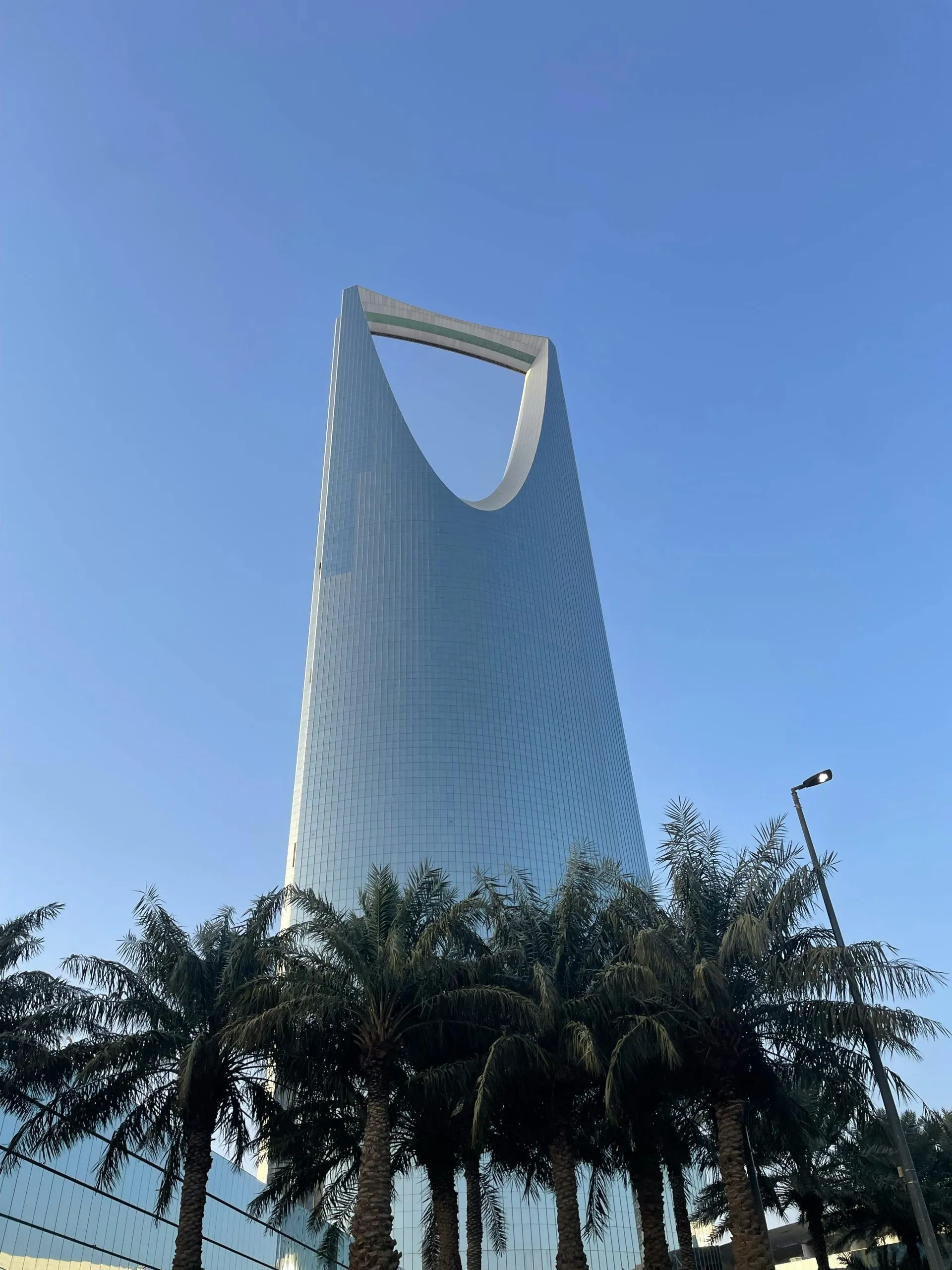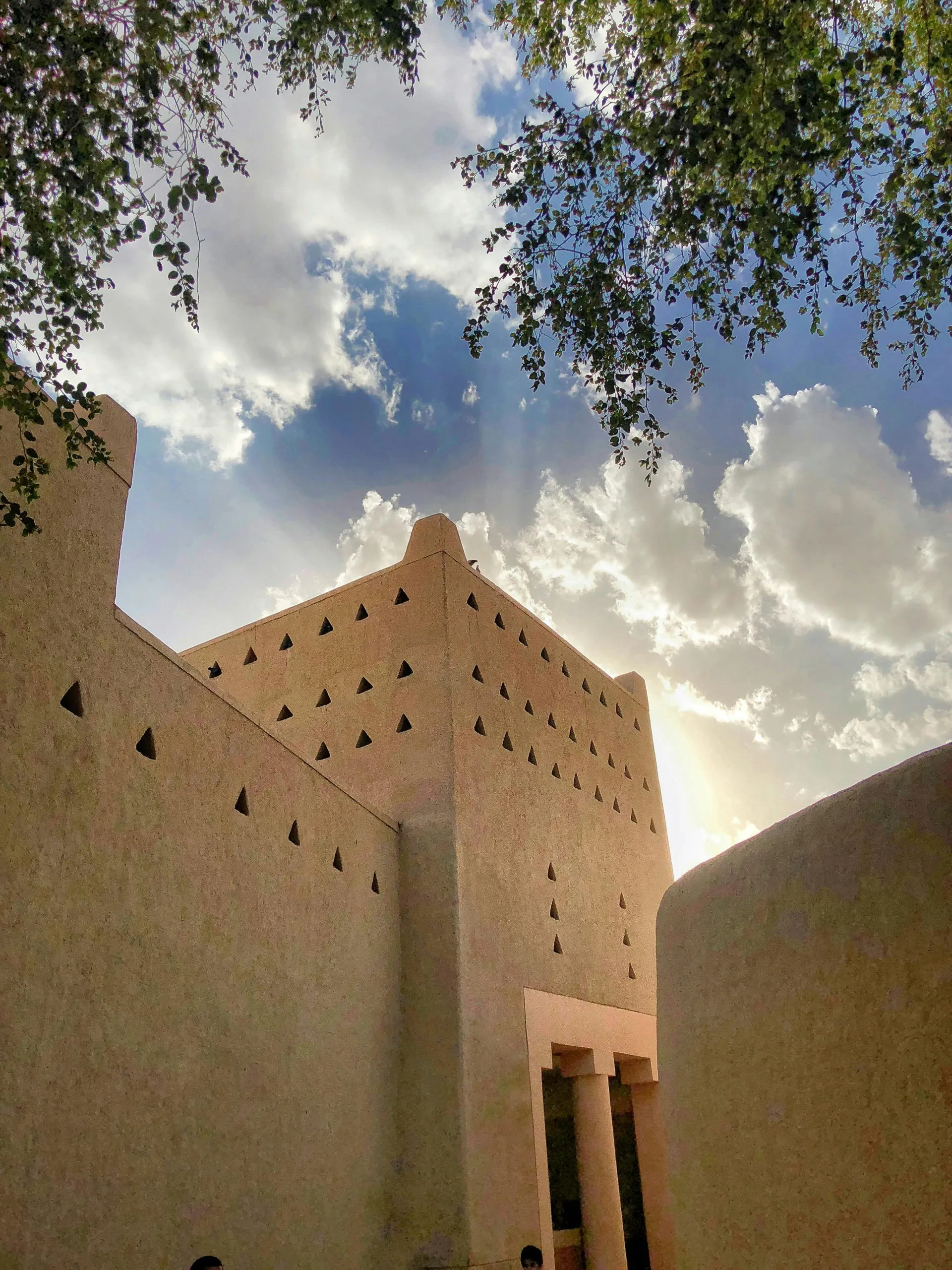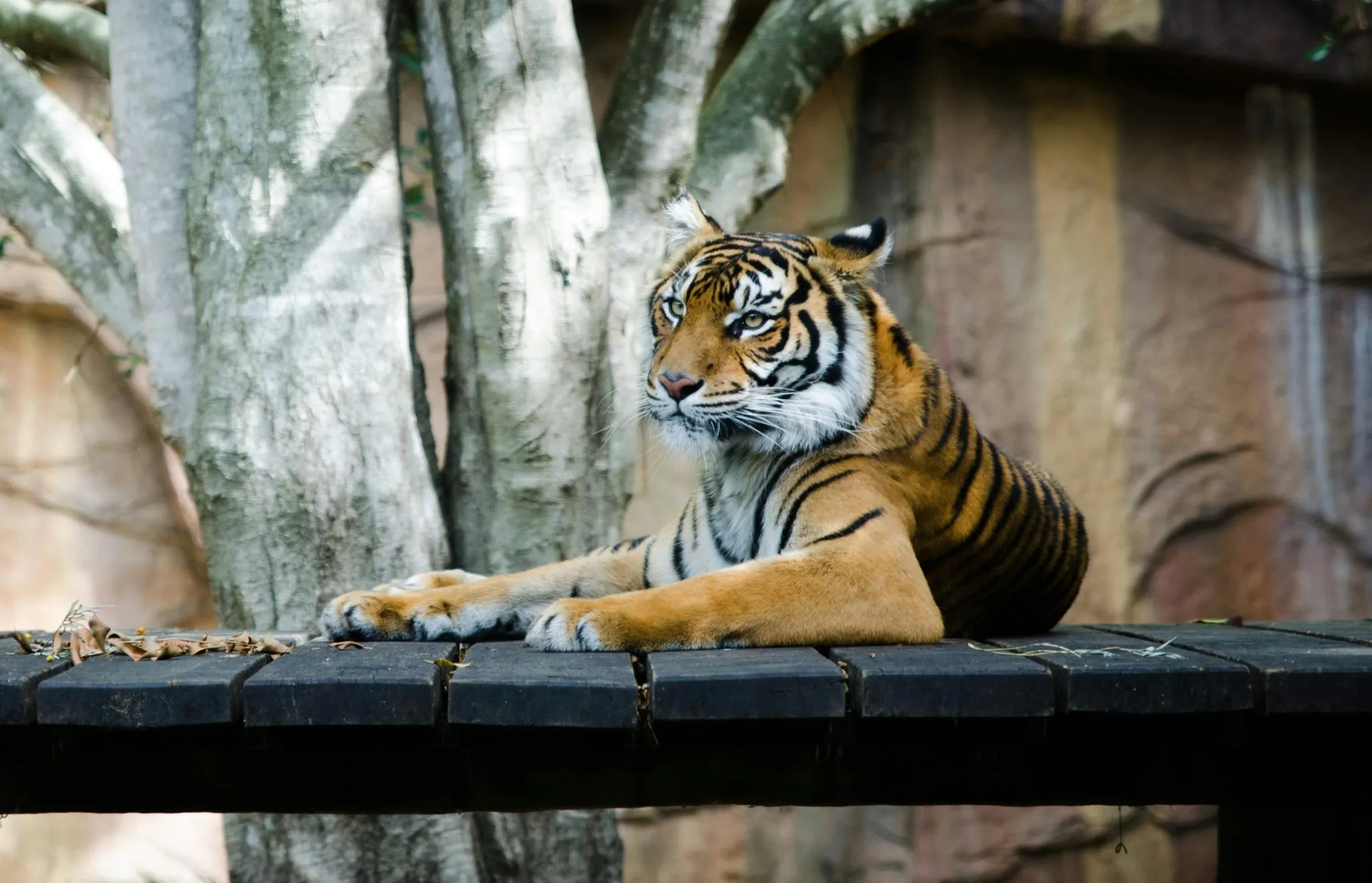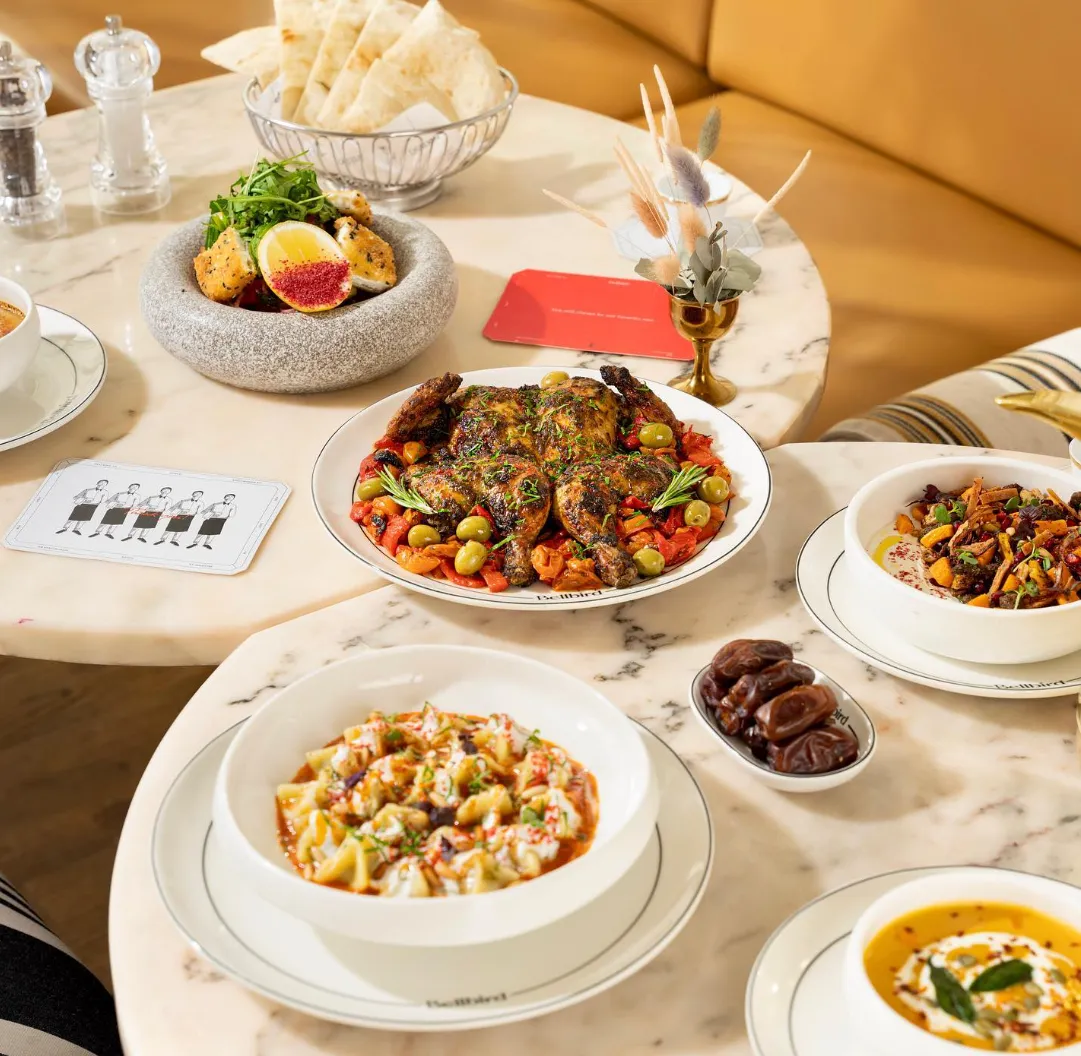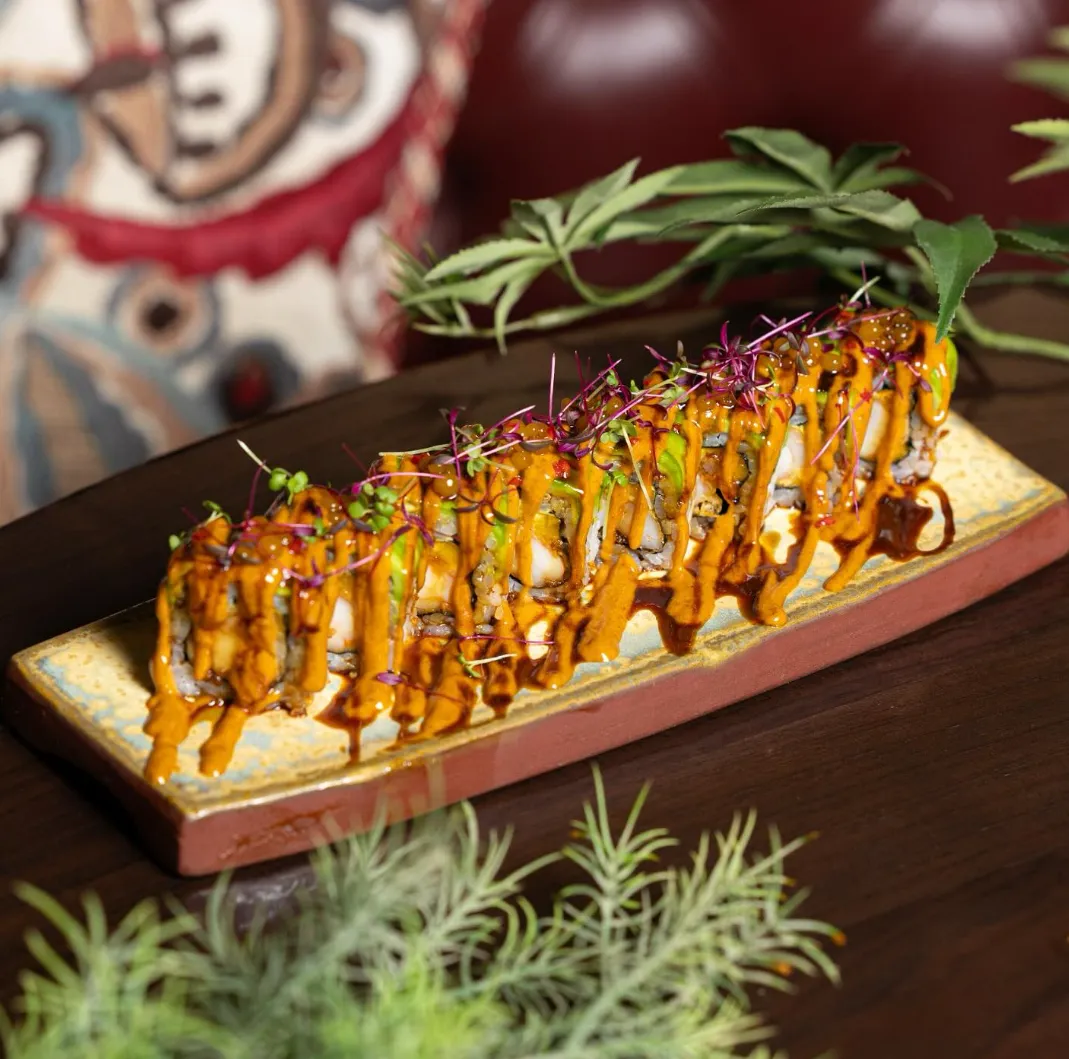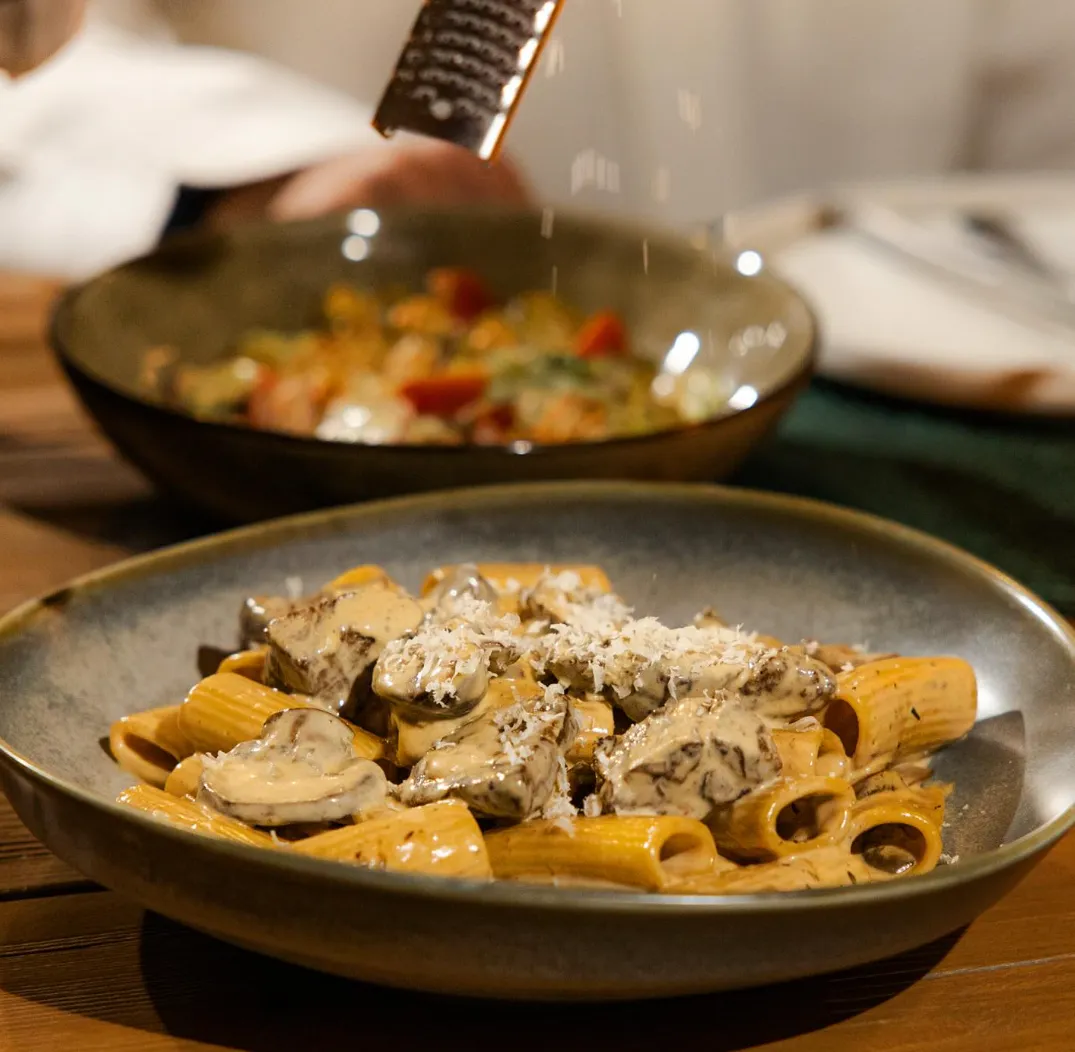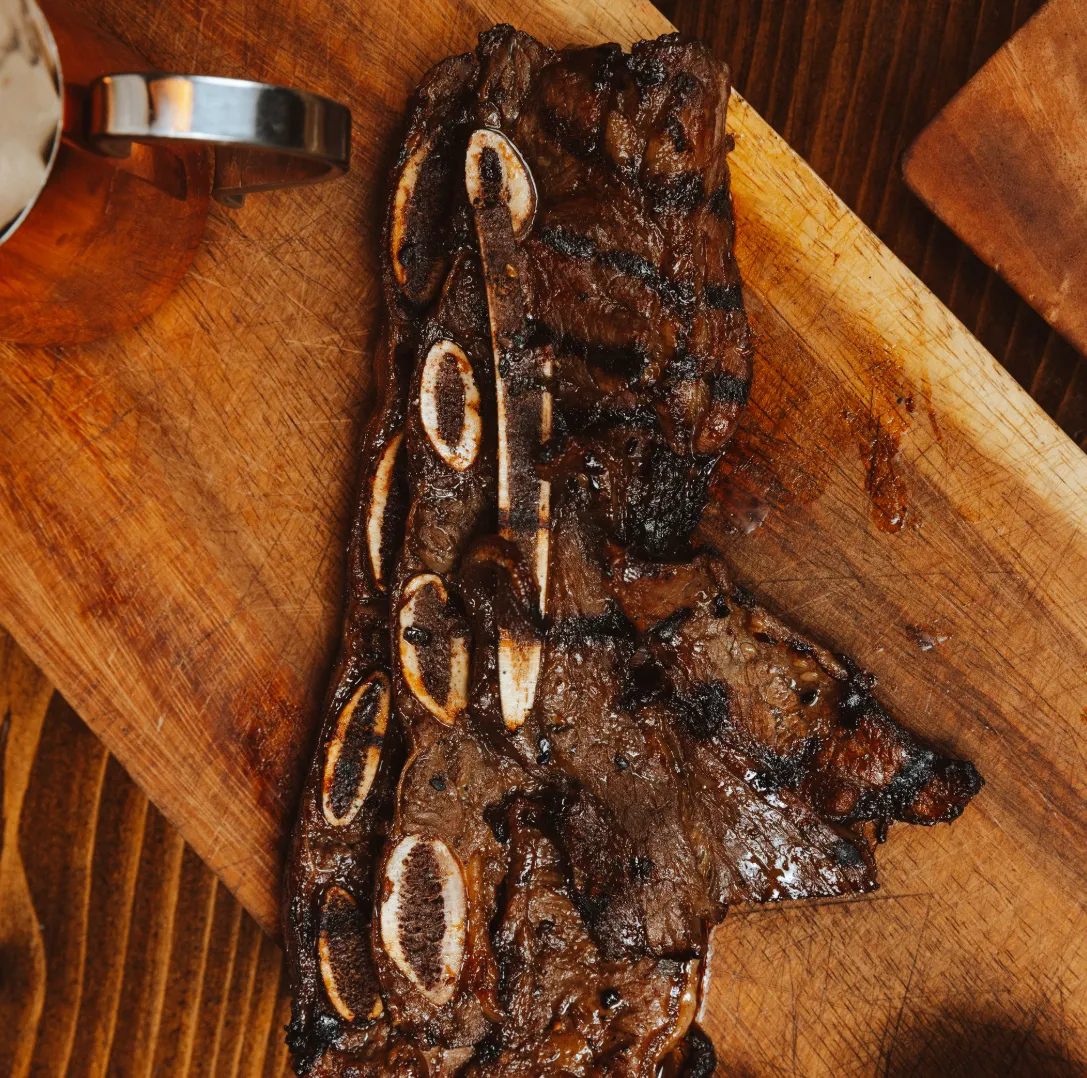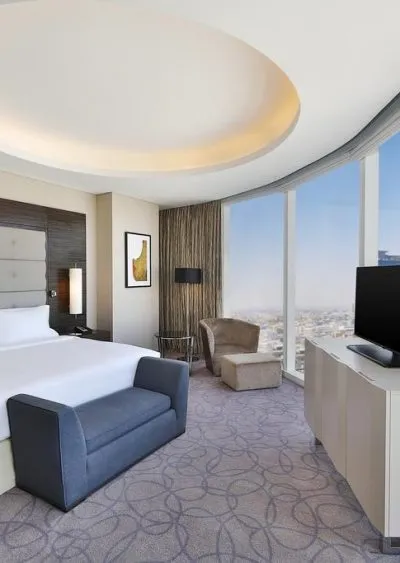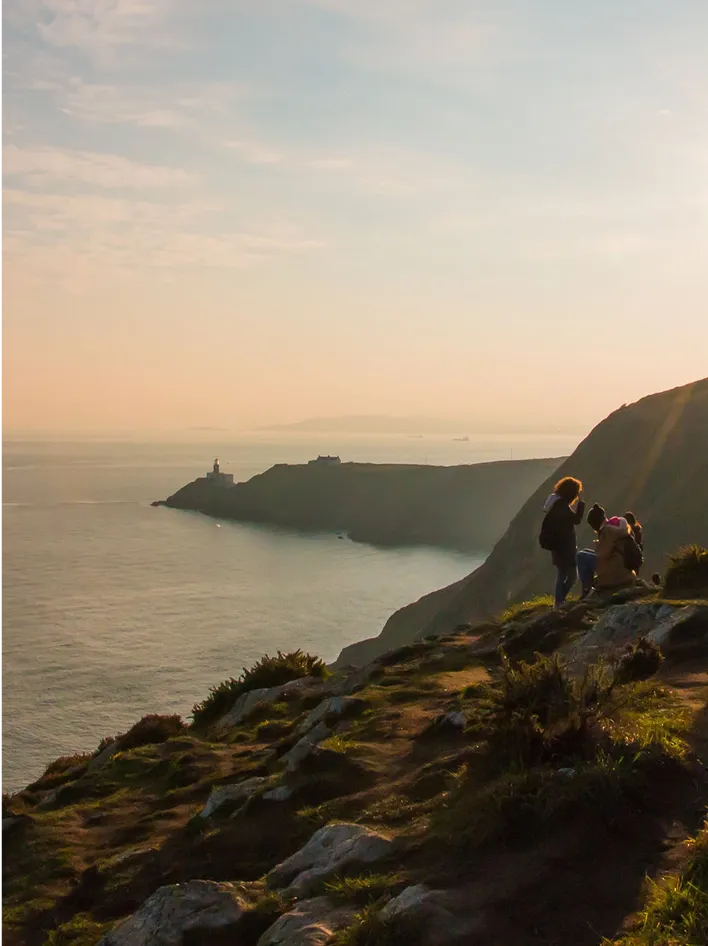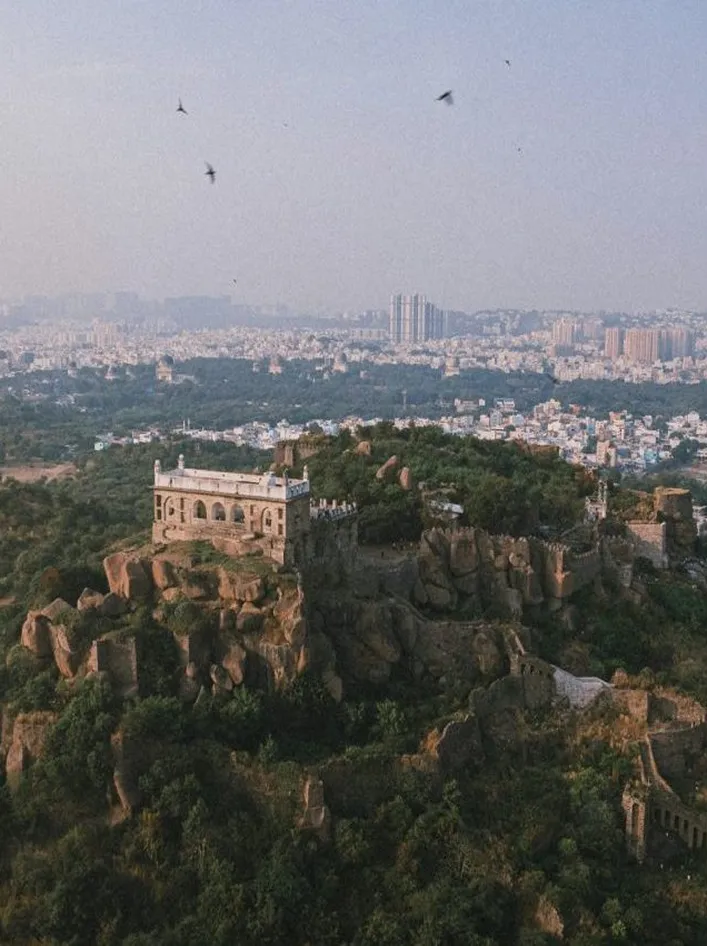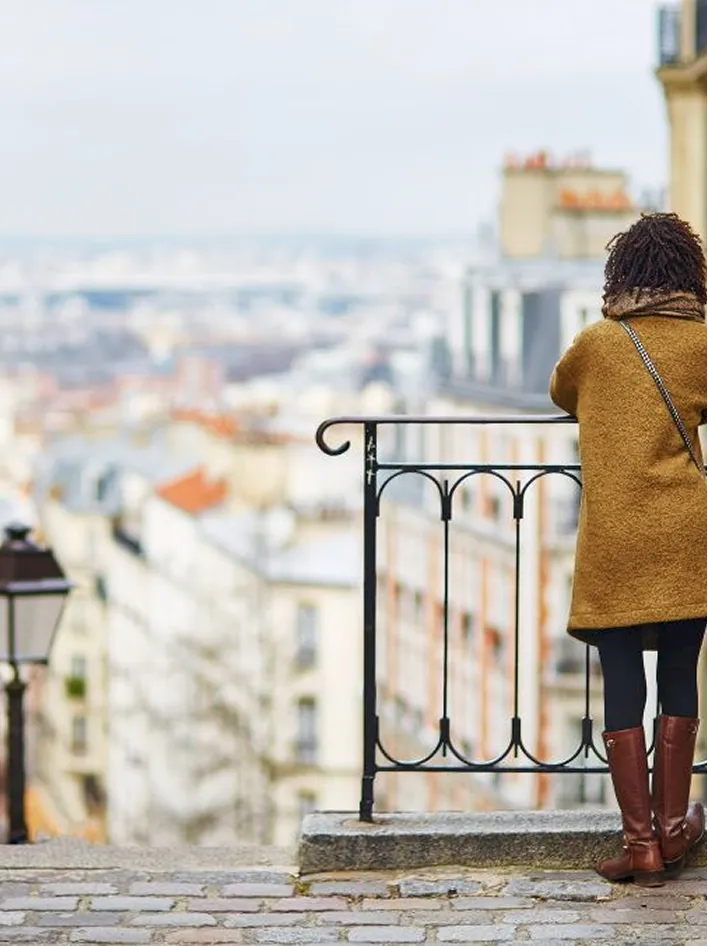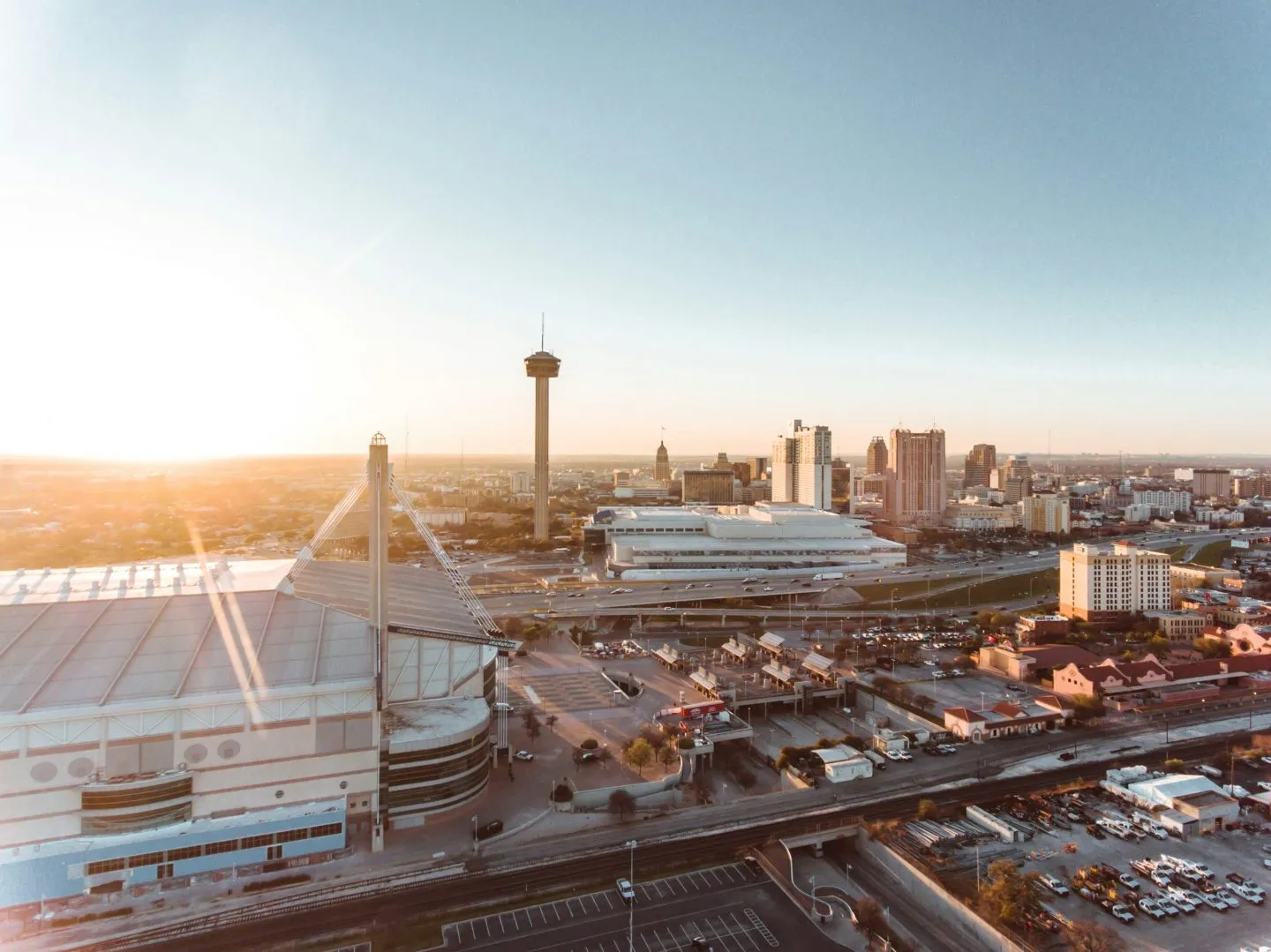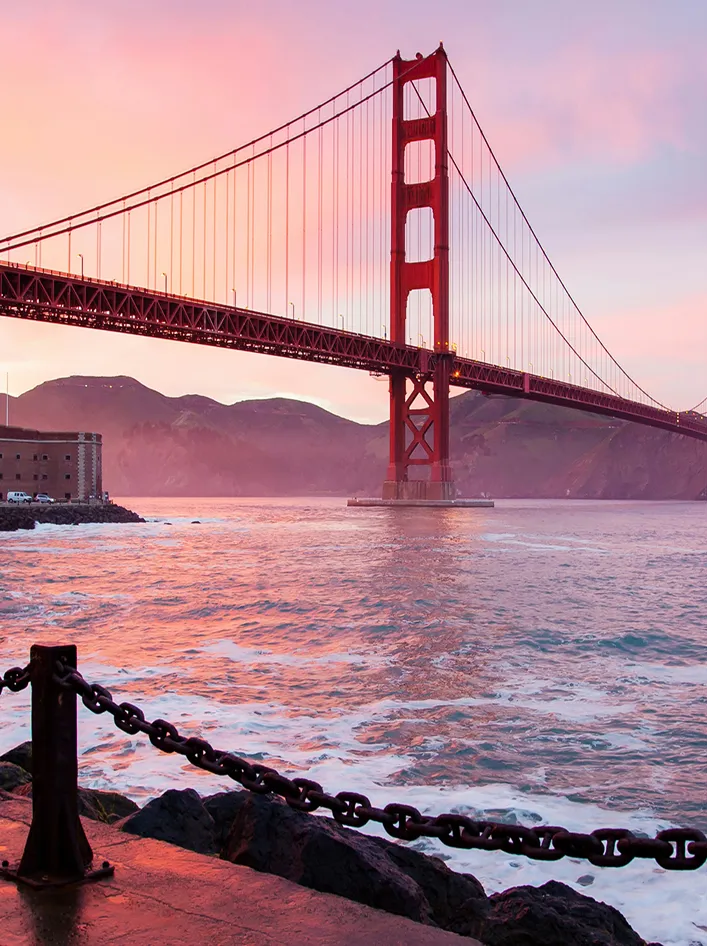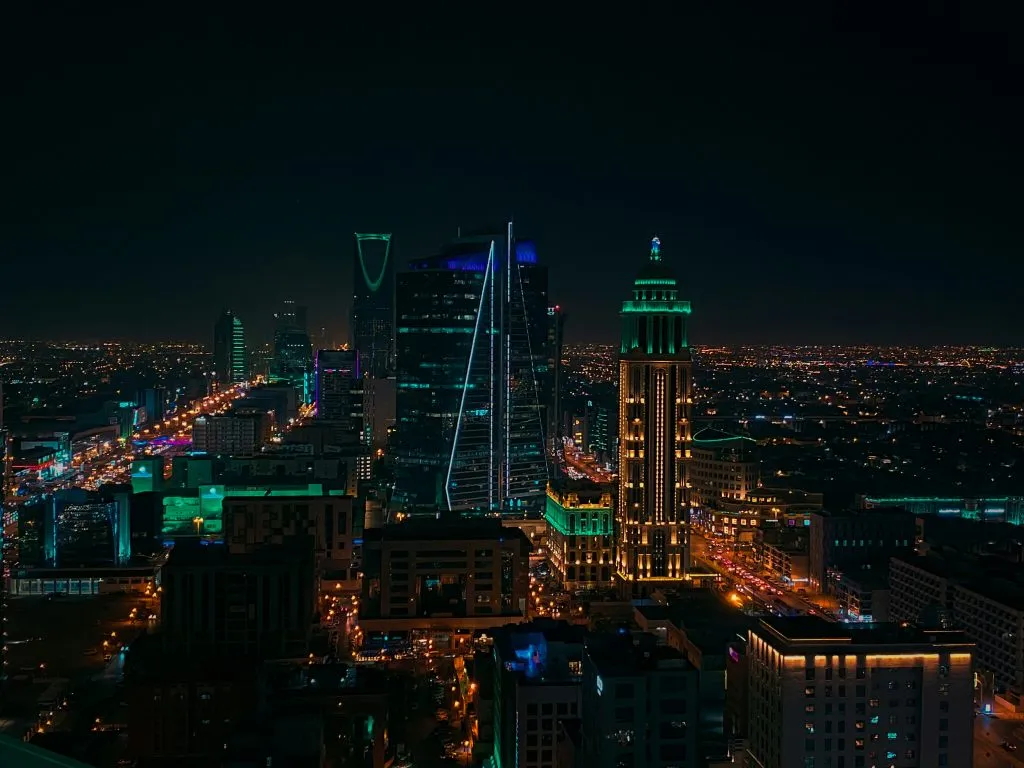
Explore Riyadh
Language: Arabic
Religion: Islam
Business Week: Sun - Thurs
Currency: Saudi Riyal
Time Zone: GMT +3
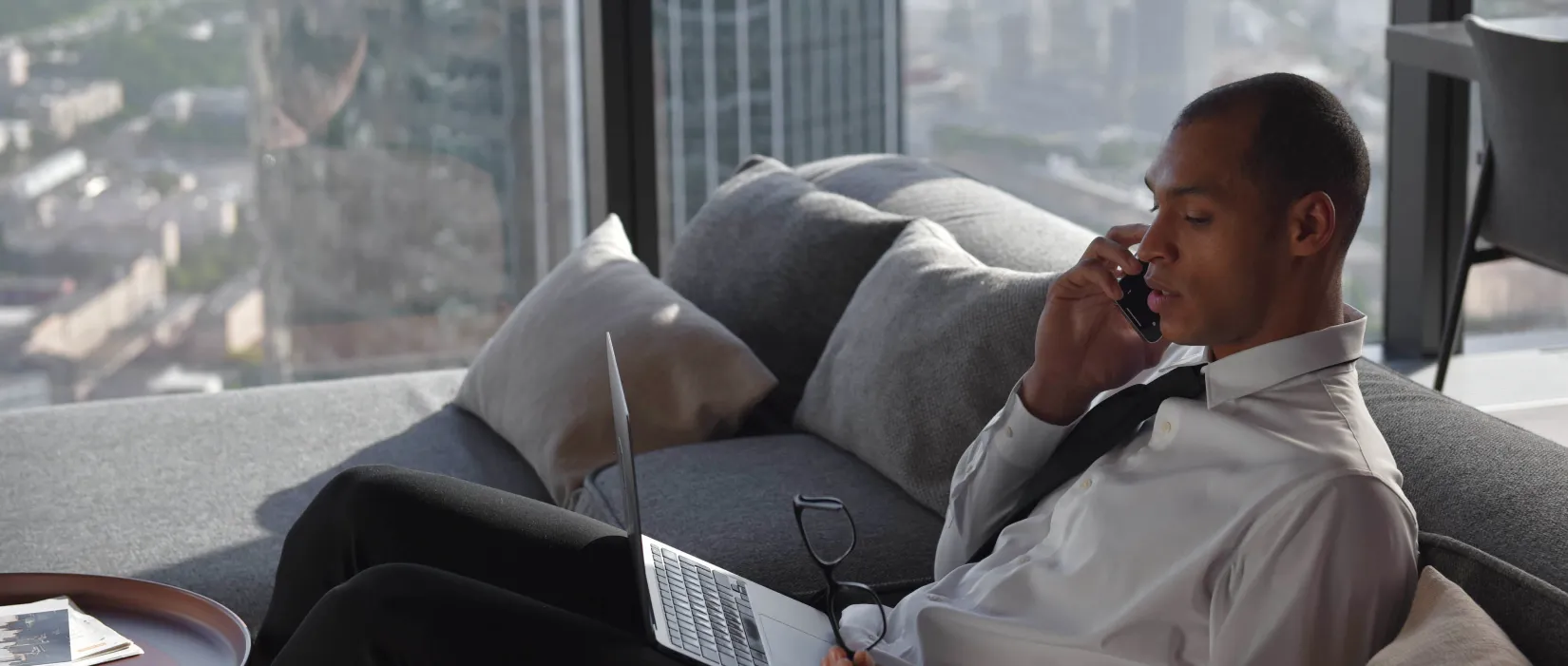
Get to Know Riyadh
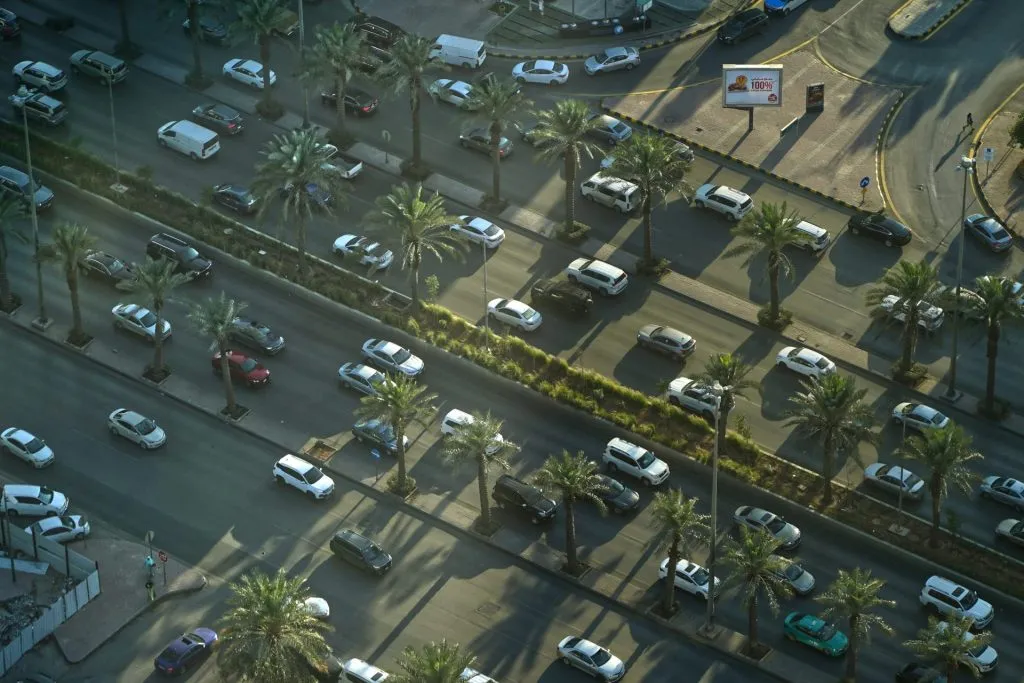
Getting Around
Getting around Riyadh has become much more accessible in recent years thanks to major infrastructure upgrades.
Ride hailing apps like Uber and Careem are widely used in Riyadh and are very affordable, while the Riyadh metro has recently opened and includes 85 stations across 6 lines. Trains offer mixed gender travel as well as segregation into family, single male and women only carriages to ensure comfort and cultural alignment.
Riyadh is currently undergoing major infrastructural developments, which on top of its harsh climate means Riyadh is not a walking city.
Top Tip
Communication
Relationships and trust are key when communicating both personally and professionally in Saudi Arabia. Due to the country’s emphasis on respect, indirectness can be a popular way to communicate in Saudi Arabia and is seen as a sign of politeness. You may hear phrases like “inshallah” (God willing) or “we’ll see” instead of a hard no.
Expect small talk before business and ensure you are aware of non-verbal communication signals. Always offer and receive items, with your right hand and ensure you receive business cards with two hands.
Top Tip
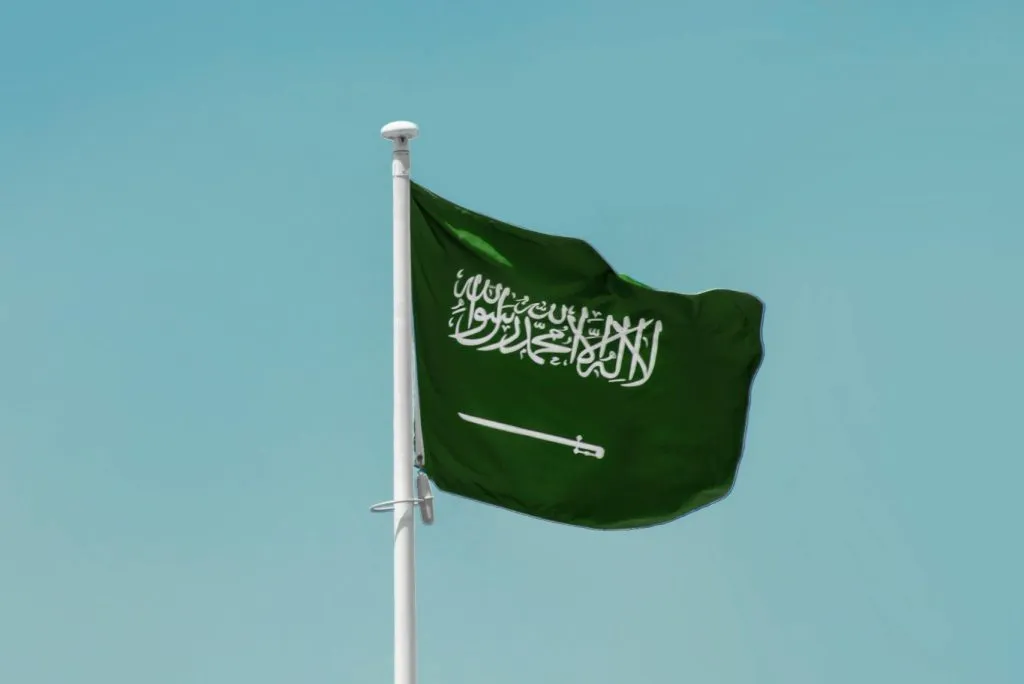
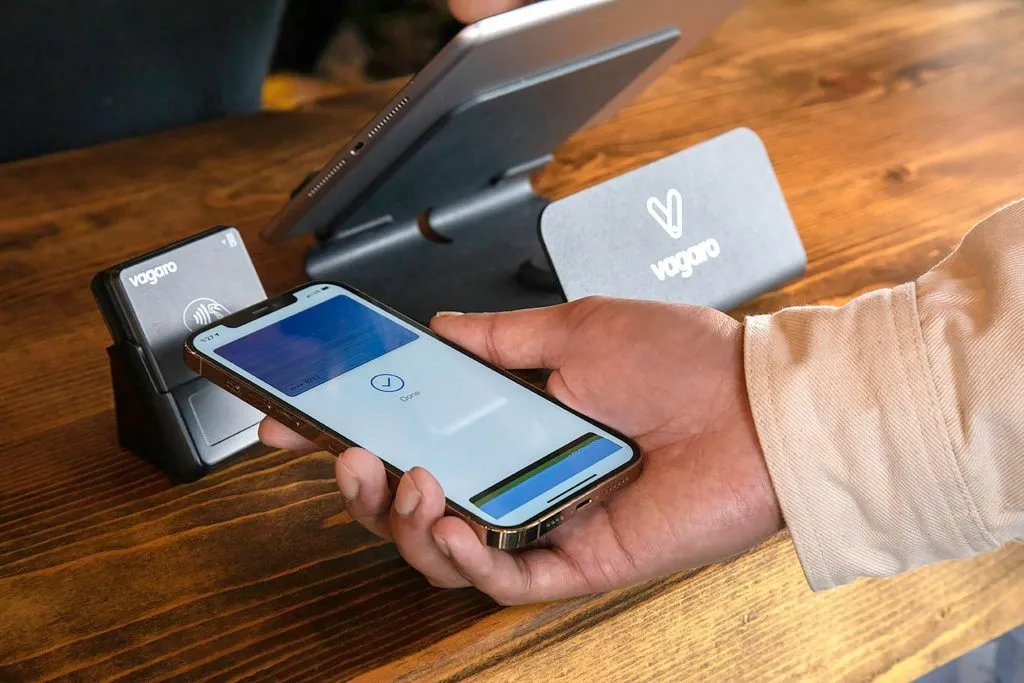
Money and Tipping
Tipping is not mandatory but is always appreciated and is increasingly common especially in service industries like restaurants, hotel staff and taxis.
Weather and Climate:
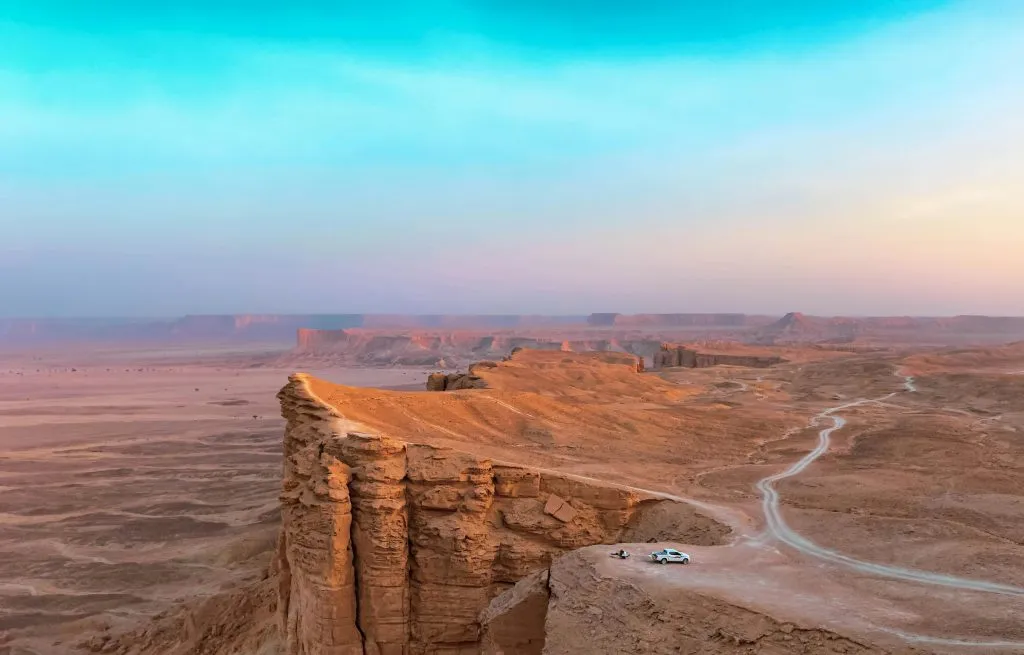
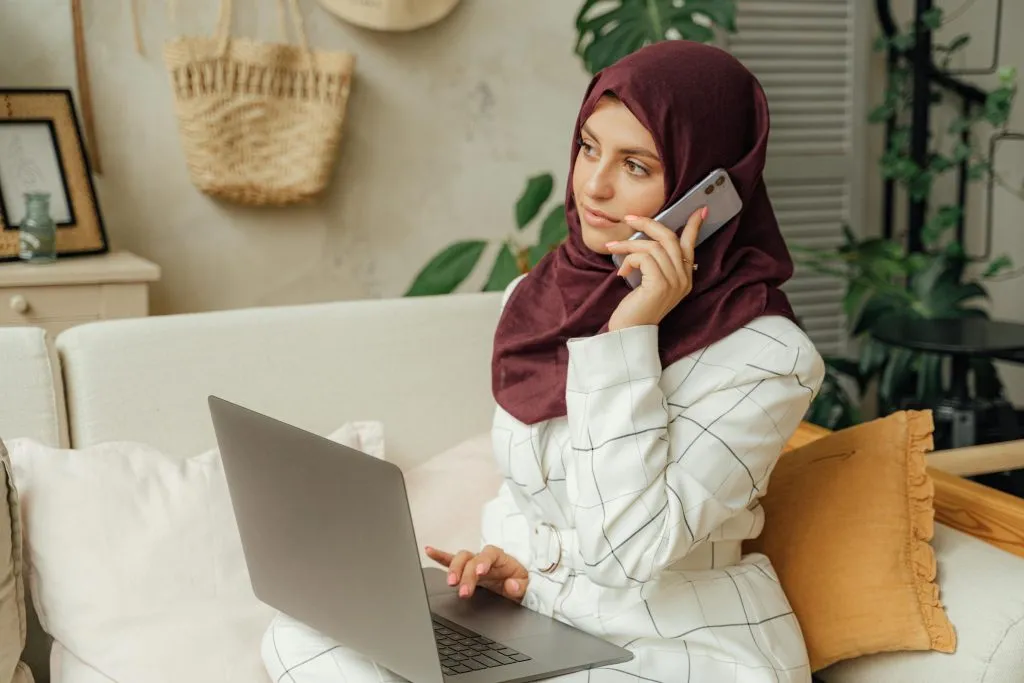
Phones and Electricals:
5G is widely available across major cities and continues to expand rapidly. It is easy to get a local SIM card in areas like airports or kiosks in malls. In order to obtain a SIM card, ID is mandatory.
Saudi Culture and Religion
Friday is the most important day of the week in Saudi Arabia due to its significance in Islam. It is the equivalent to Sunday in Christian countries and business weeks therefore run from Sunday to Thursday. Most people attend the Jumu’ah prayer around midday at the mosque and businesses, schools and government offices are often closed or open for shorter hours on Friday.
Throughout the week, individuals who practice islam typically pray 4-5 times a day and you will likely hear the call to prayer or “adhan” sang across the city during these times and you are expected to remain quiet and respectful during these periods.
Good to know:
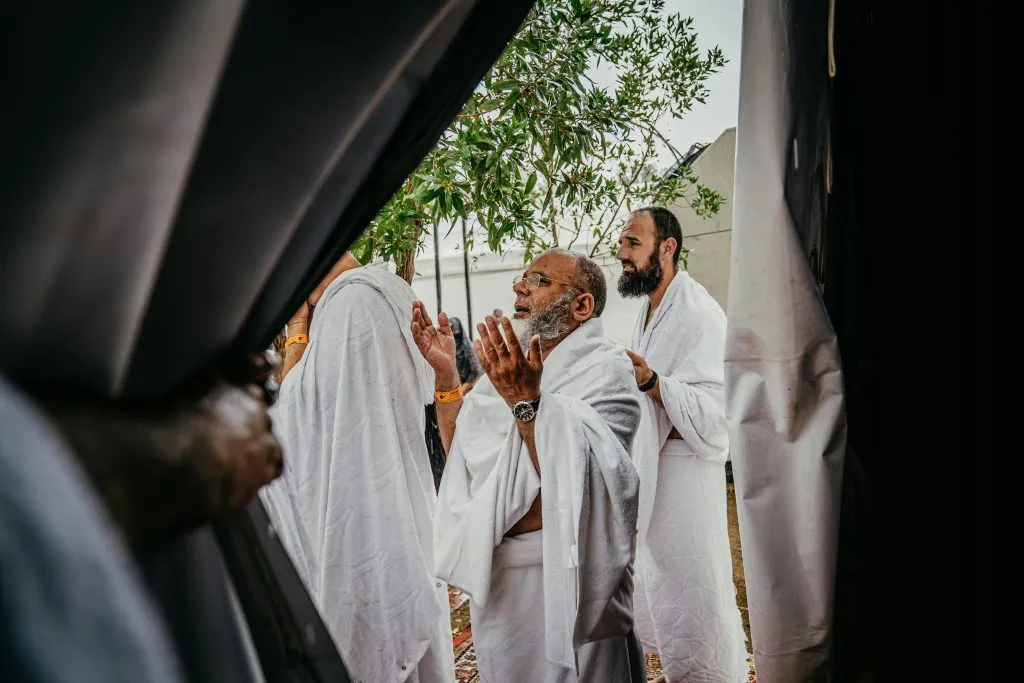
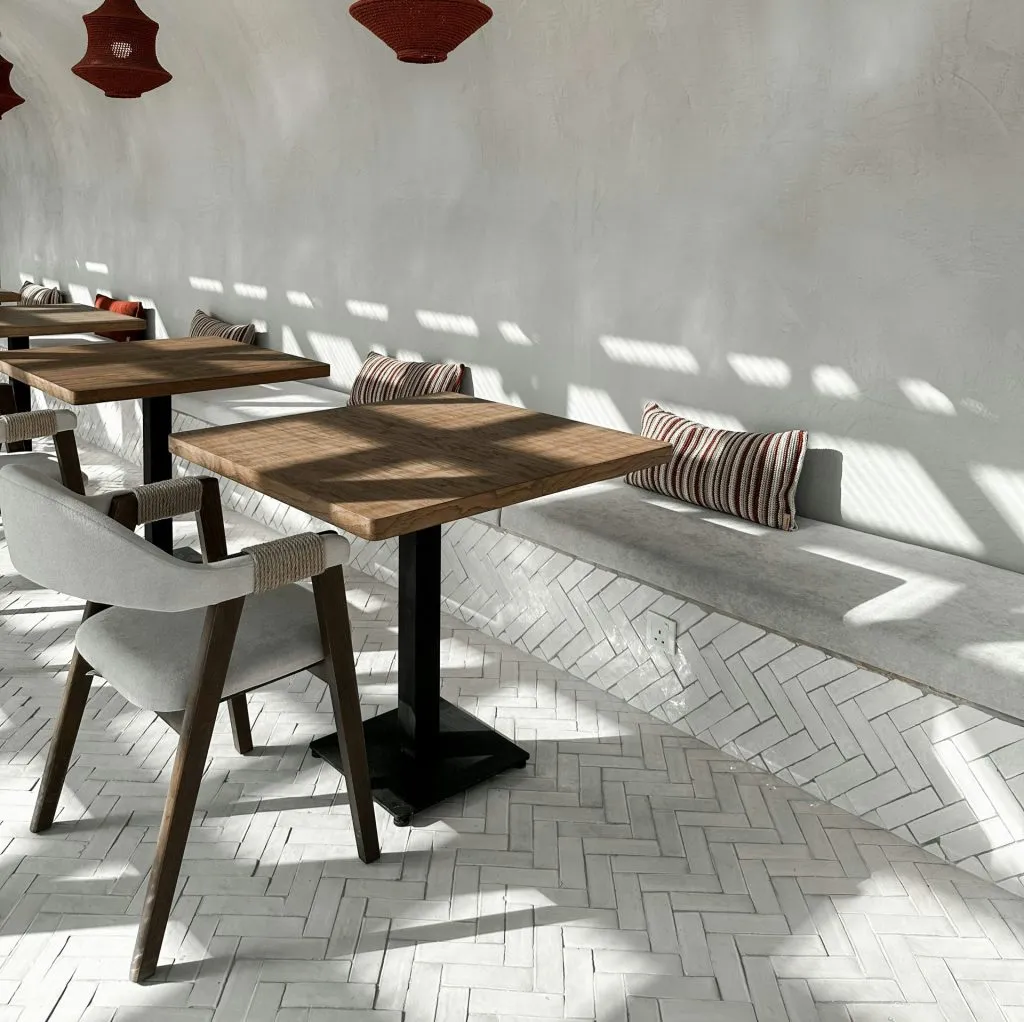
Gender Amenities
It is not uncommon to find women only sections in places like gyms, government buildings, schools and so on and it is the norm to have separate entrances for men and women in certain establishments.
Recently, gender restrictions have relaxed and areas such as restaurants, entertainment venues and offices no longer require segregated areas for men and women, especially in cities like Riyadh.
Dress Code
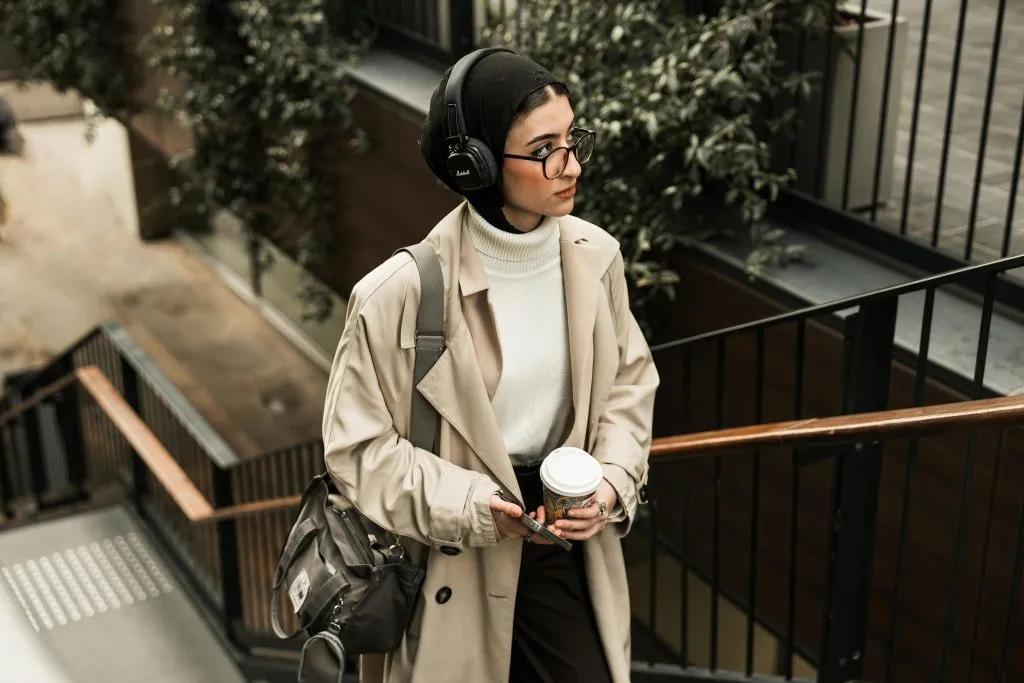
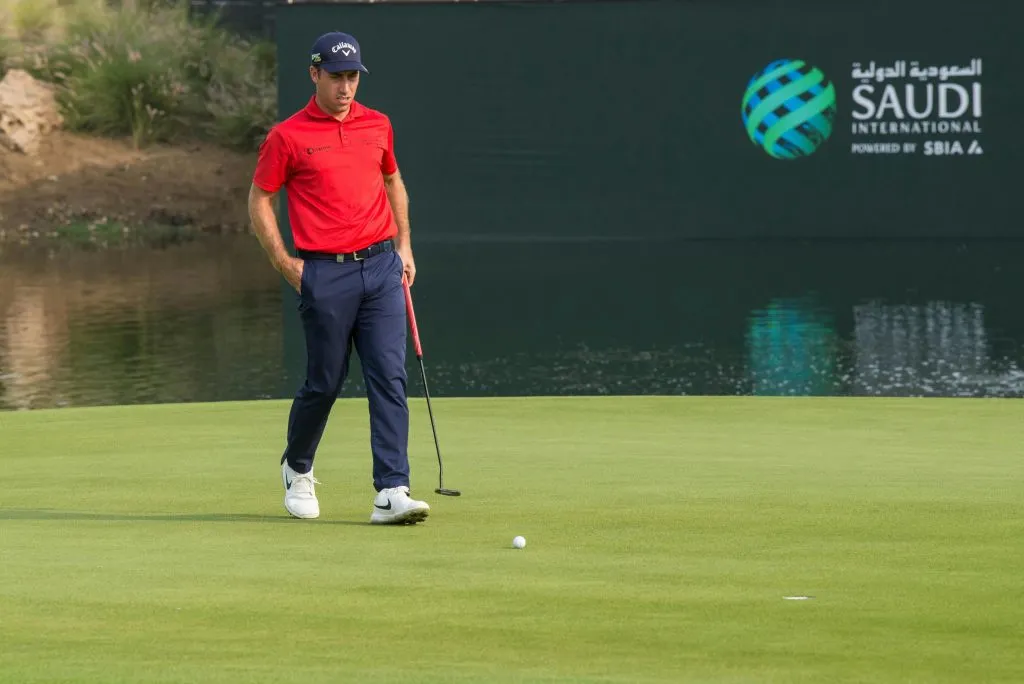
Entertainment
Drinking alcohol is very uncommon in Saudi Arabia. Hotels are currently building bars which are set to have non-alcoholic cocktails and beers but there are currently no plans to legalise alcohol for the general public or tourists.
Riyadh Season—a huge entertainment and cultural festival—runs from October to March. This major tourism driver features concerts, art shows, sports events and global pop ups.
Food and groceries
If delivering food to your home, popular fast-food delivery apps include HungerStation and Jahez which are especially efficient in cities like Riyadh. Most apps support English and cashless payments.
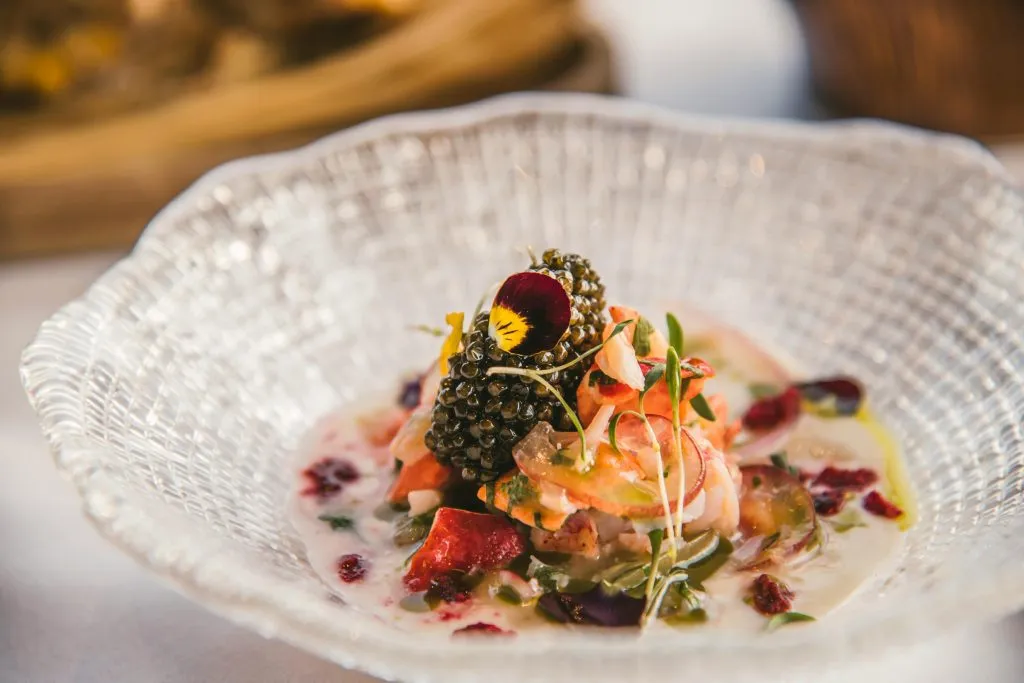
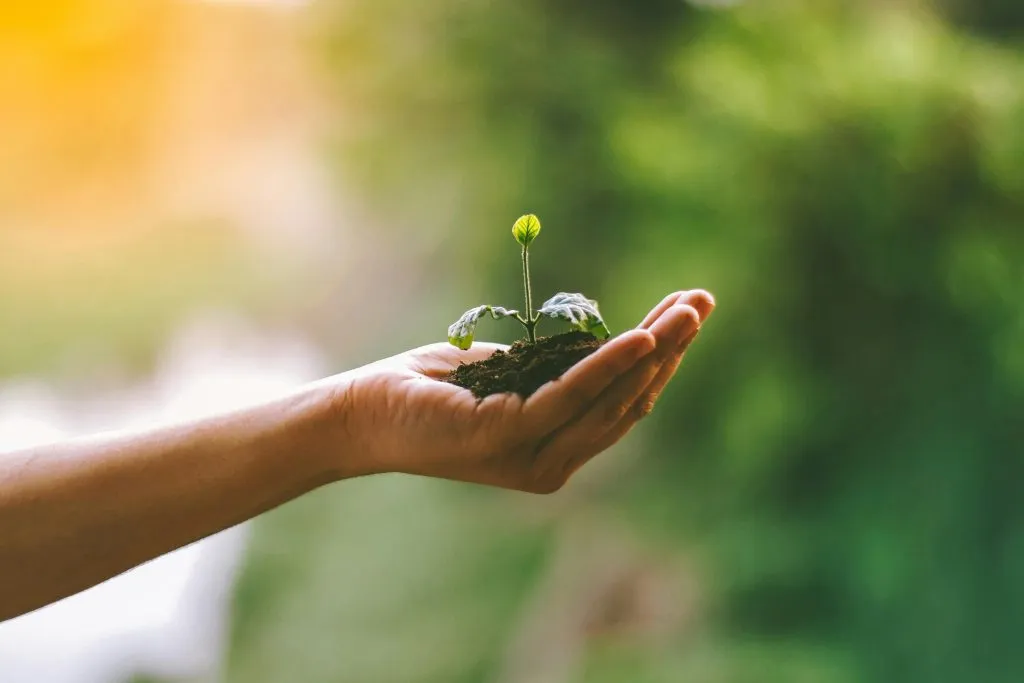
Sustainability
These efforts not only bring environmental benefits like carbon reduction and cooler temperatures but also boost community well-being, property values, job creation, and tourism, positioning Riyadh as a model of sustainable urban resilience.

